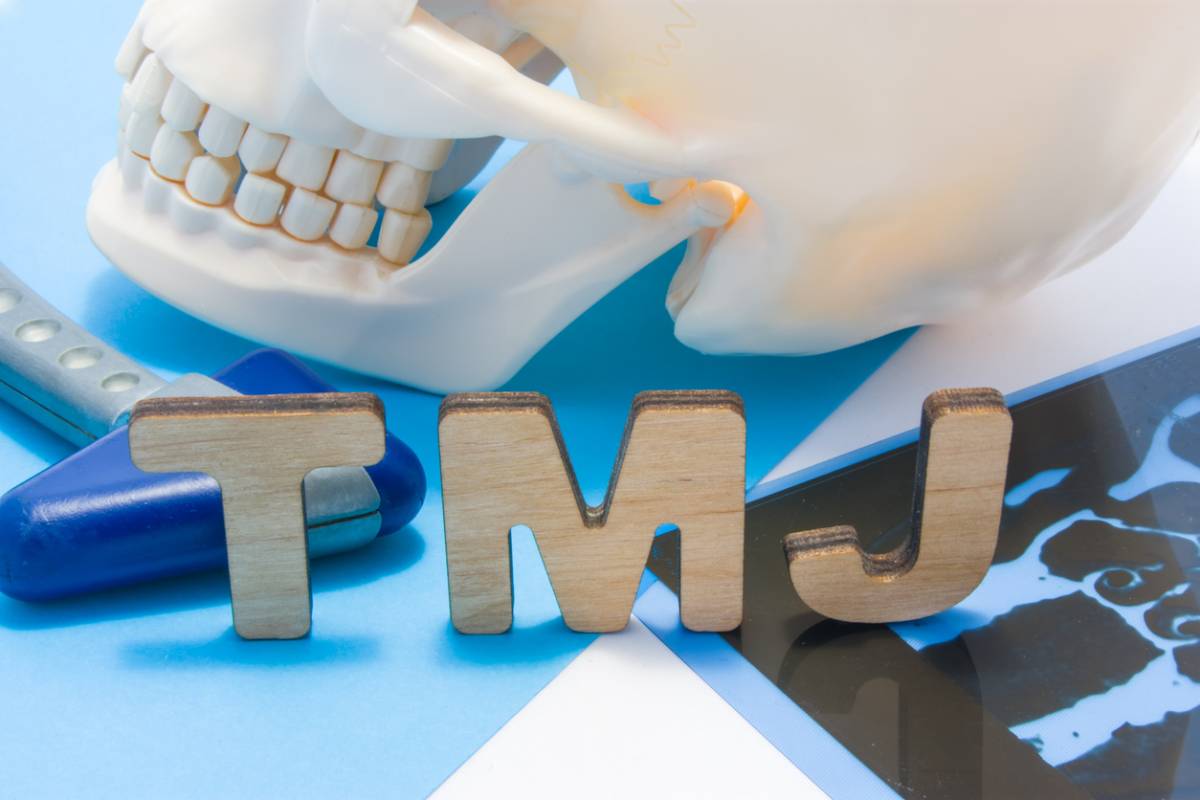Temporomandibular joint disorder, otherwise known as TMJ or TMD, can cause debilitating discomfort. It can occur at any age, which is why it is important to educate your child on the symptoms of this condition. When your older child or teenager can communicate about their symptoms, it is much easier to get them to the correct dentist who specializes in TMJ treatments. Below, we cover helping your teen with TMJ symptoms.
Helping Your Teen with TMJ Symptoms
In this guide, we will discuss helping your teen with TMJ symptoms. We will talk about how TMJ develops, what the symptoms might feel like, and how to get proper treatment for your loved one before the symptoms get worse.
How TMJ Develops
The temporomandibular joint connects your upper and lower jaws. These pressure points can end up holding a lot of stress or pain, which can result in lifelong condition. In some cases, the temporomandibular (TMJ) joint that connects the lower jaw to the skull can become overexerted or damaged.
Symptoms are sometimes minor like teeth clenching or grinding and clicking or popping sounds when chewing or opening the mouth. Other times, the joint can lock up, making it difficult or impossible to open the mouth. This is referred to as TMJ disorder or TMD. In addition to jaw pain, TMD can also cause headaches, earaches, neck or shoulder pain, and fatigue or numbness in the arms or legs.
Getting a TMJ Diagnosis
If your teen has TMD, he or she may have to eat soft foods and avoid putting pressure on the jaw. Taking an over-the-counter anti-inflammatory medication such as ibuprofen or naproxen can help relieve pain. Using an ice pack or moist heat several times a day can also be helpful. In some cases, a dentist or physical therapist can teach your teen how to perform gentle jaw stretches and exercises. There is no permanent cure for TMJ other than through extensive surgery, which is not always recommended.
A dentist can tell if a patient has TMD by doing a physical exam of the jaw area, checking for pain when chewing or moving the mouth, and looking for signs of wear from clenching or grinding. X-rays, CT scans, or MRIs may be used to confirm the diagnosis.
Identifying TMJ Symptoms
Symptoms of TMD are more common in teens and young adults due to the growth and changes that occur during this time of life.
The biggest symptoms of TMJ include:
- Inability to fully stretch the jaw or open the mouth
- Pain and pressure in the jaws
- A click or “pop” sound when trying to open the mouth
- Difficulty chewing
- Tension headaches or other muscle strains
- Difficulty with facial movements
It is important for teens to get into a regular oral health routine with their dentist and to practice healthy habits like brushing and flossing regularly, which can help prevent TMJ.
Treating TMJ Symptoms at Home
When TMJ is diagnosed, there are a variety of treatments and solutions that can be effective. Some are self-care, such as eating a soft diet, applying ice packs or moist heat to the face, and avoiding extreme jaw movements (like wide yawning and chewing gum). Medication, including nonsteroidal anti-inflammatory medications, can help reduce pain and swelling. A splint or bite guard can help to keep the jaw in place, and a TMJ physiotherapist can teach jaw exercises and improve flexibility. In some cases, a medical professional may use Botox to relax the muscles in the face.
Holistic solutions such as warm compresses, massage, acupuncture, and yoga can provide relief from TMD. They can be an excellent supplement to traditional medical treatment and can help ease the stress and anxiety that may contribute to TMD symptoms.
Visit Victory Plaza for Effective TMJ Treatments!
If you or your teenager are struggling with TMJ symptoms, you are not alone. You do not have to live with this discomfort or wait for your symptoms to get worse. Invest in top-notch TMJ treatment in North Hollywood to learn more about your options for effective TMJ treatment.

